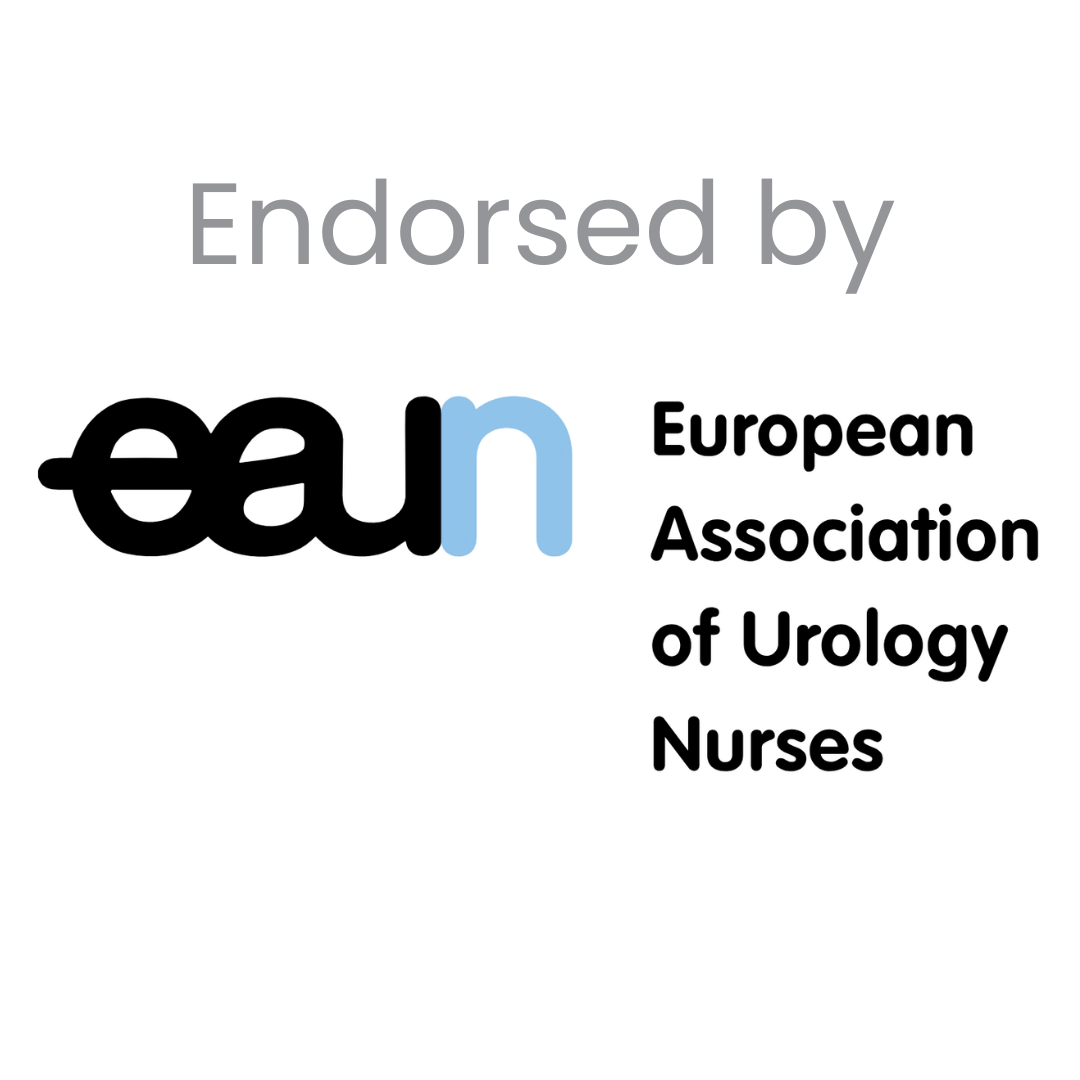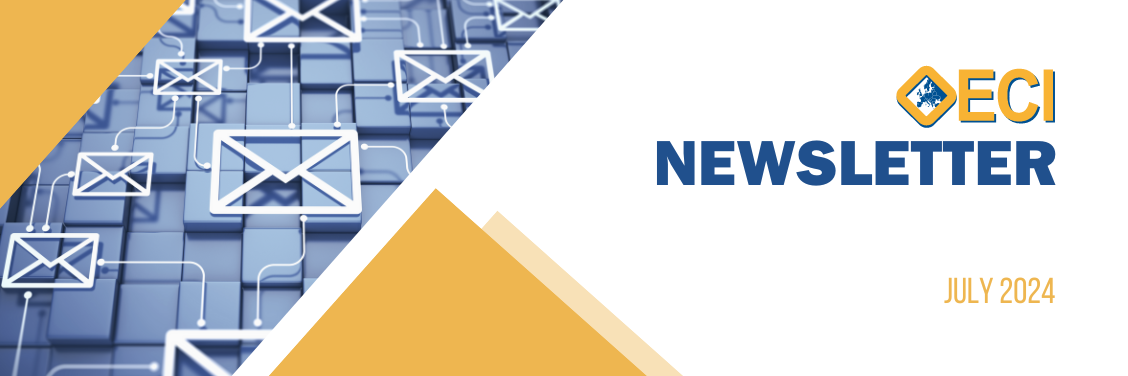TRANSiTION - Dissemination Activities
Below you can find all the work that the Team from the TRANSiTION has done to bring the project as far as possible:
Digital Transformation Relies on the Human Factor
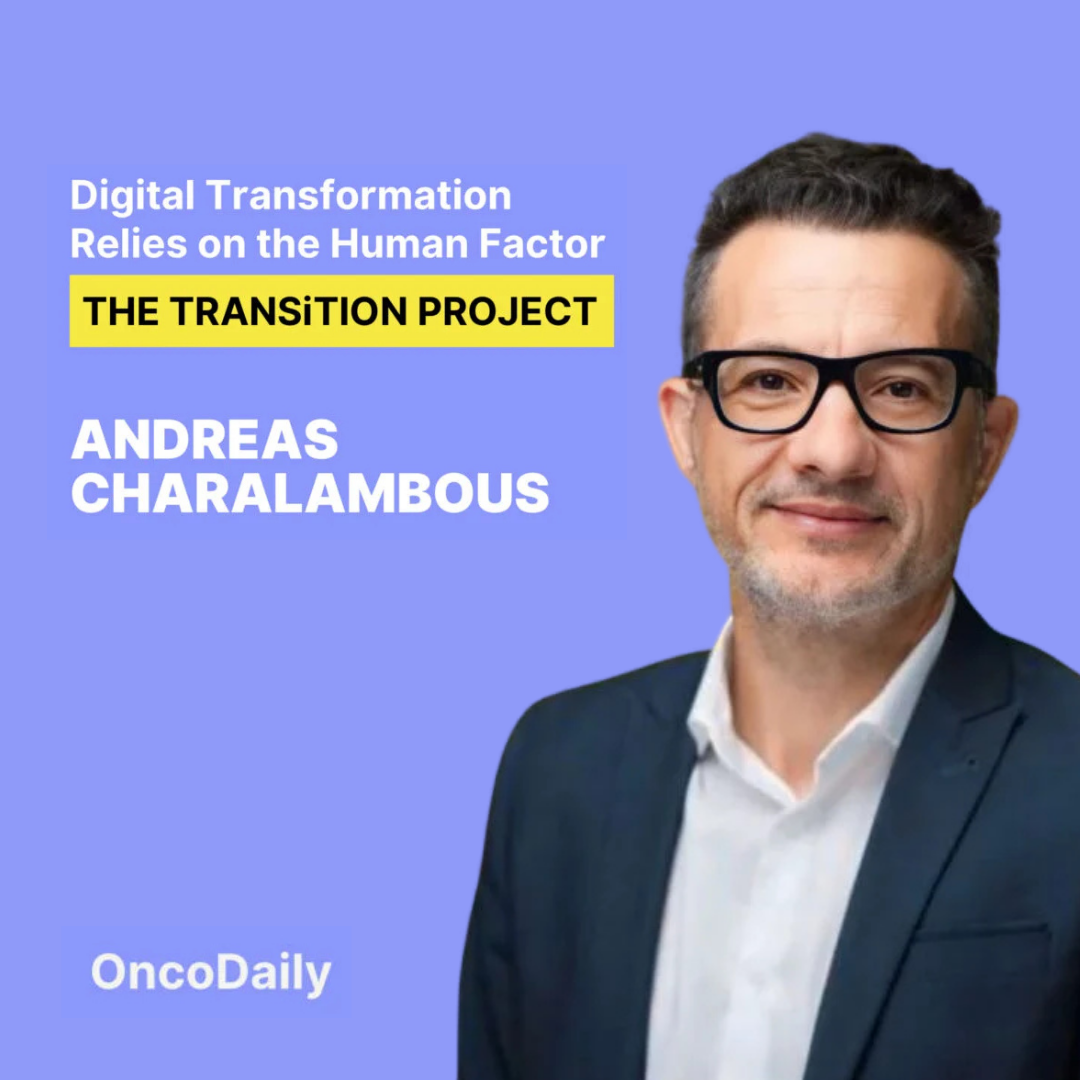
Oncology stands as a paradox: a field driven by innovation yet curiously slow in grasping the full potential of digital revolution. Professor Andreas Charalambous believes that with a focus on training healthcare professionals and health managers, addressing resistance to technology, and developing a sustainable digital ecosystem, TRANSiTION is poised to revolutionize cancer care.
Read the full publication here.
Technology is here to help, not replace
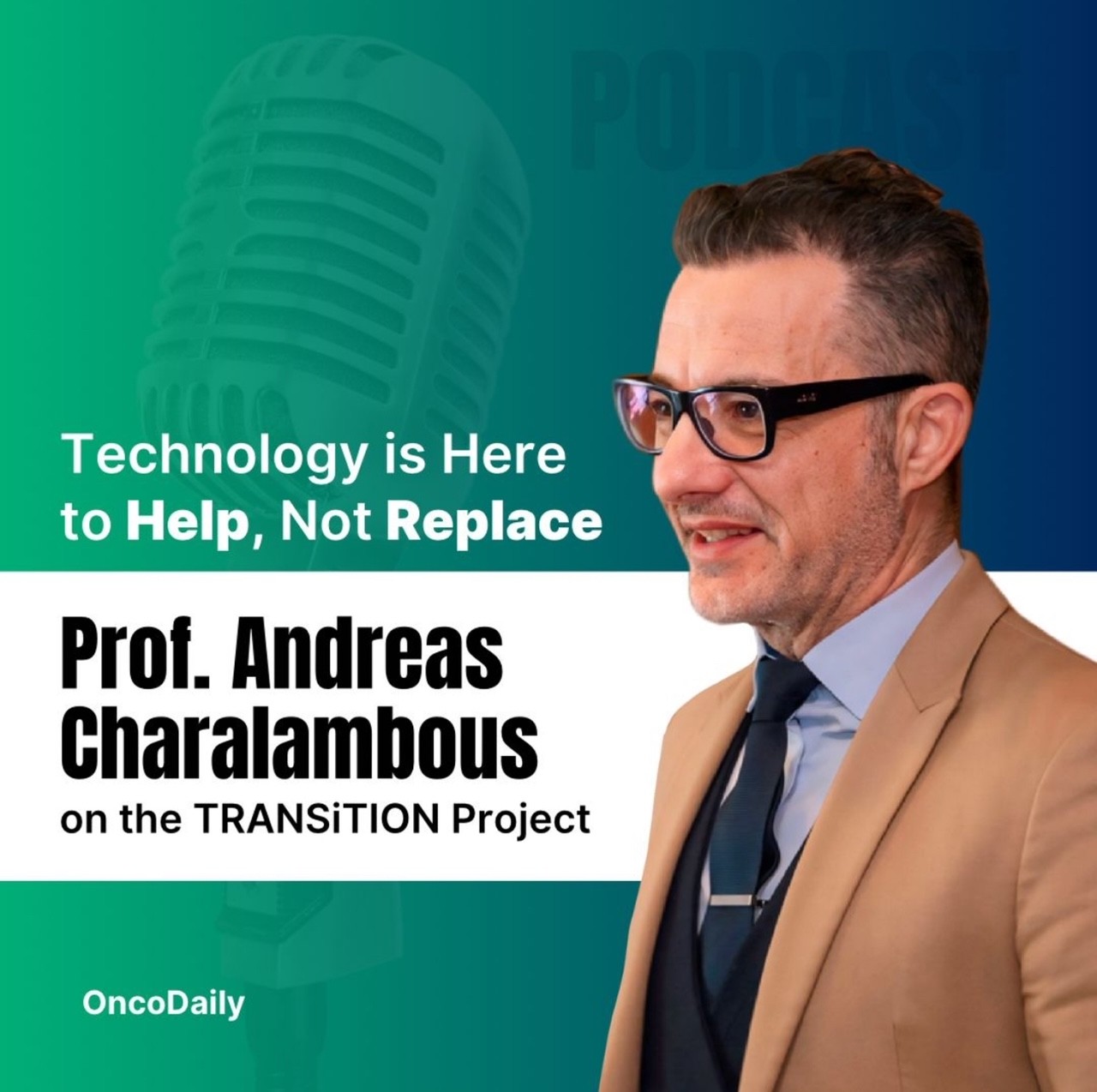
TRANSiTION Coordinator Prof. Andreas Charalambous joined the OncoDaily podcast to share insights on the project. He highlights the importance of training healthcare professionals to effectively use technology to improve patient outcomes and transform clinical practices.
Listen to the podcast here.
TRANSiTION and COMPASS (ERASMUS+) projects clustering event in Cyprus
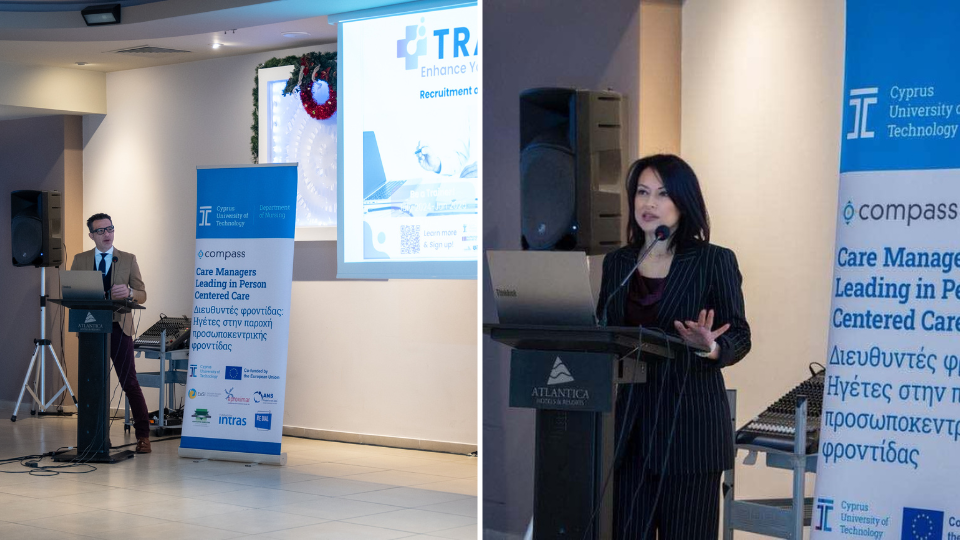
On January 22, 2025, the research team of the Department of Nursing at the Cyprus University of Technology (CUT), in collaboration with the Erasmus+ COMPASS project consortium (7 European organizations from six countries), successfully hosted the final event of the COMPASS research project titled: "- Care Managers Leading in Person-Centred Care".
The project was conducted in partnership with the Cyprus Third Age Observatory and co-organized with the TRANSiTION research project, funded under the EU4HEALTH pillar of the European Union.
TRANSiTION focuses on developing digital skills for healthcare professionals, including care managers, and is coordinated by the Cyprus University of Technology.
The event took place in Limassol, at the Atlantica Miramare Hotel, attracting a diverse audience, including:
- Care Leaders from nursing homes, rehabilitation centers, and home care services.
- Vocational Education and Training (VET) providers in continuous education for professional caregivers.
- Healthcare professionals in public and private elderly care services.
- Researchers and professionals in care centers implementing Person-Centred Care (PCC).
- Representatives from the Ministry of Health, NGOs, and other stakeholders committed to disseminating knowledge and best practices in elderly care.
Event Highlights
- Presentations, discussions, and live demonstrations by project participants who shared their experiences.
- Introduction of the COMPASS platform and educational materials.
- Analysis of the benefits of the Digital Community of Practice.
TRANSiTION, Now Endorsed by EAUN
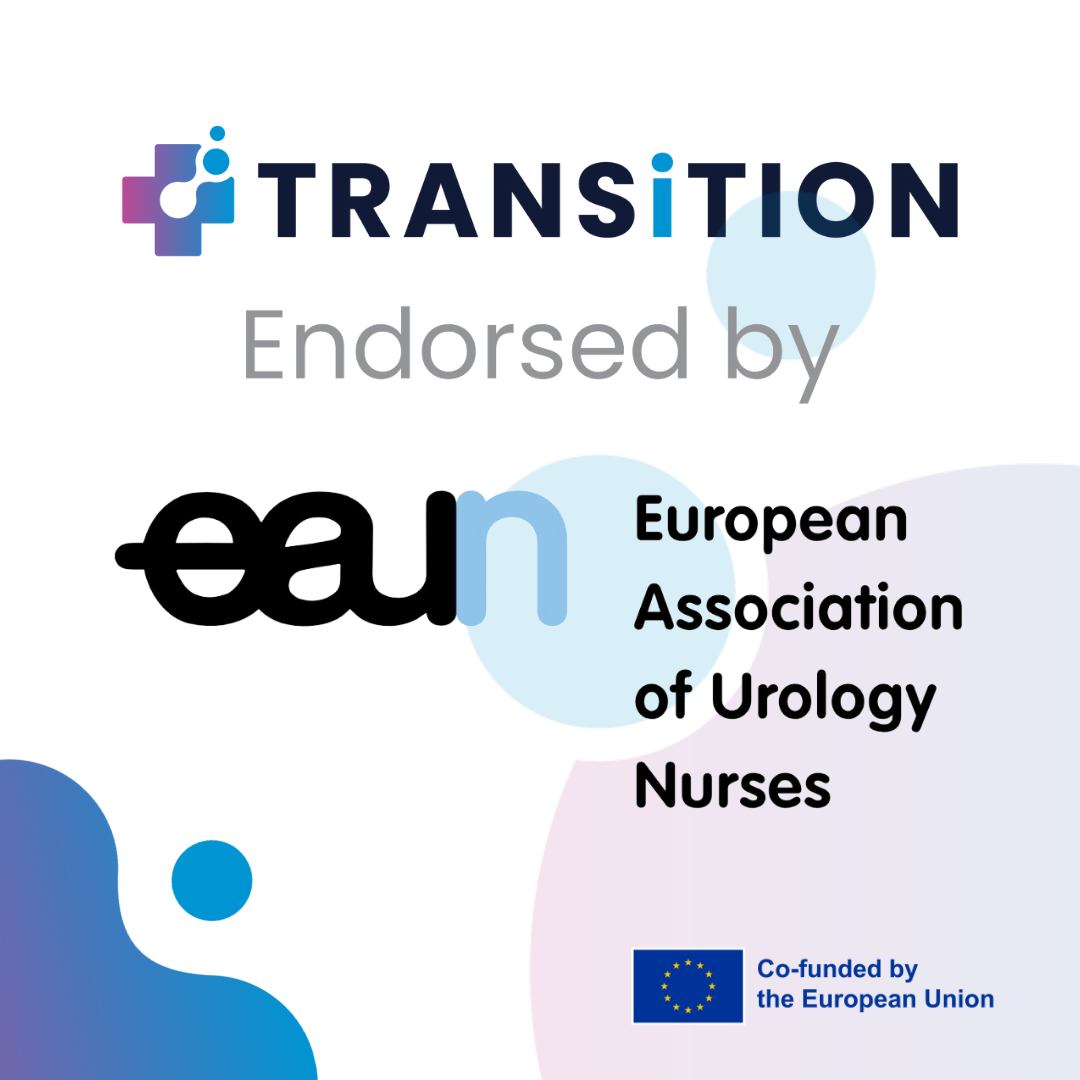
The TRANSiTION Team is pleased to announce that the European Association of Urology Nurses (EAUN) has endorsed the project. This recognition from European urology nurses is a key stepping stone in the efforts to ensure high quality training in digital skills for cancer professionals, in Europe and beyond.
Oncology and health societies are welcome to endorse the project by
TRANSiTION, Now Endorsed by EONS
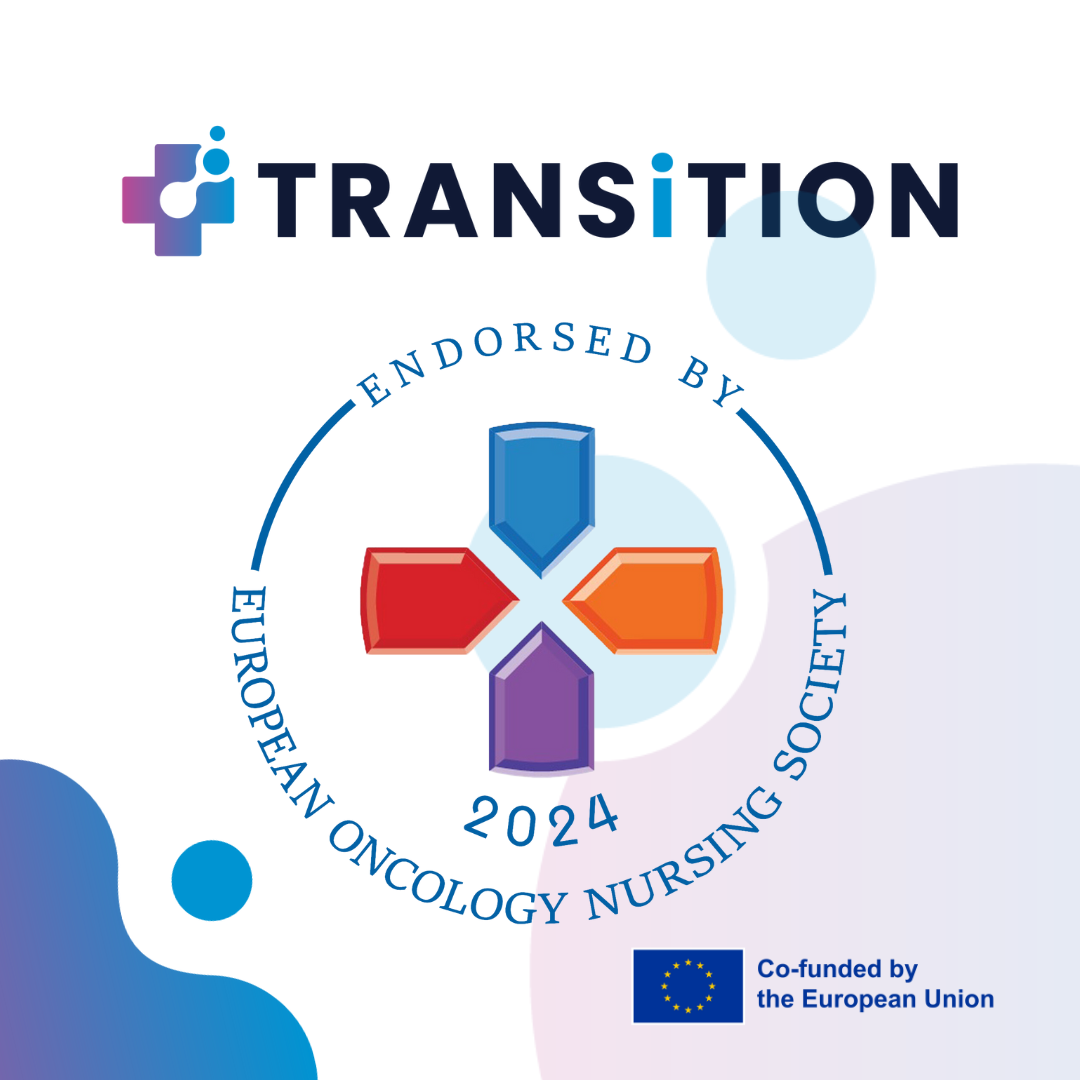
The TRANSiTION Team is pleased to announce that the European Oncology Nursing Society (EONS) has endorsed the project. This recognition from European oncology nurses is a key stepping stone in the efforts to ensure high quality training in digital skills for cancer professionals, in Europe and beyond.
Oncology and health societies are welcome to endorse the project by
Discussing with the Ministry of Health and the NHS
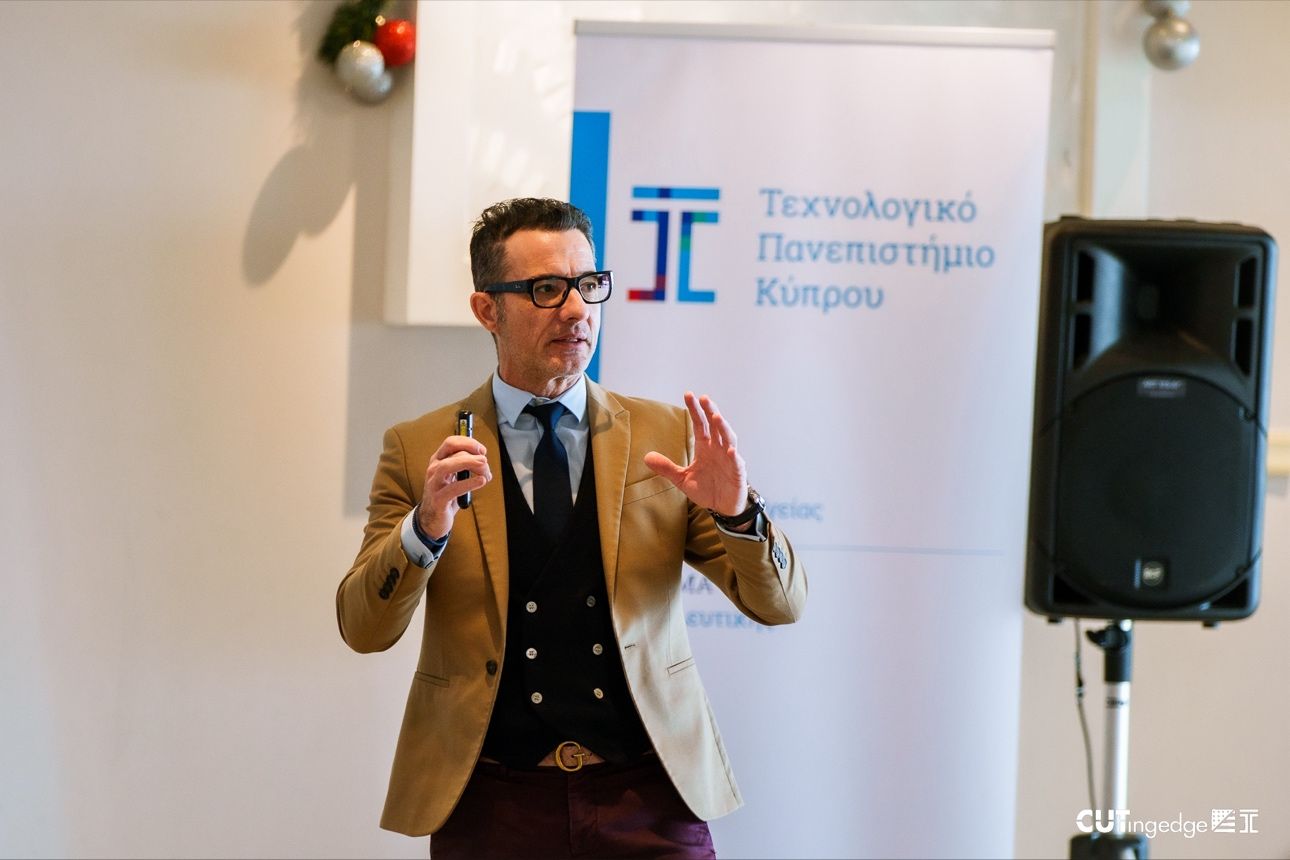
During the last week of November, members of the TRANSiTION Team presented TRANSiTION to representatives of the Ministry of Health, the NHS and other stakeholders, highlighting the different learning pathways and its current recruitment status. The team also shared plans for the sustainability of the project and ways to maximize its impact.
Presenting TRANSiTION to WHO at the European Cancer Summit
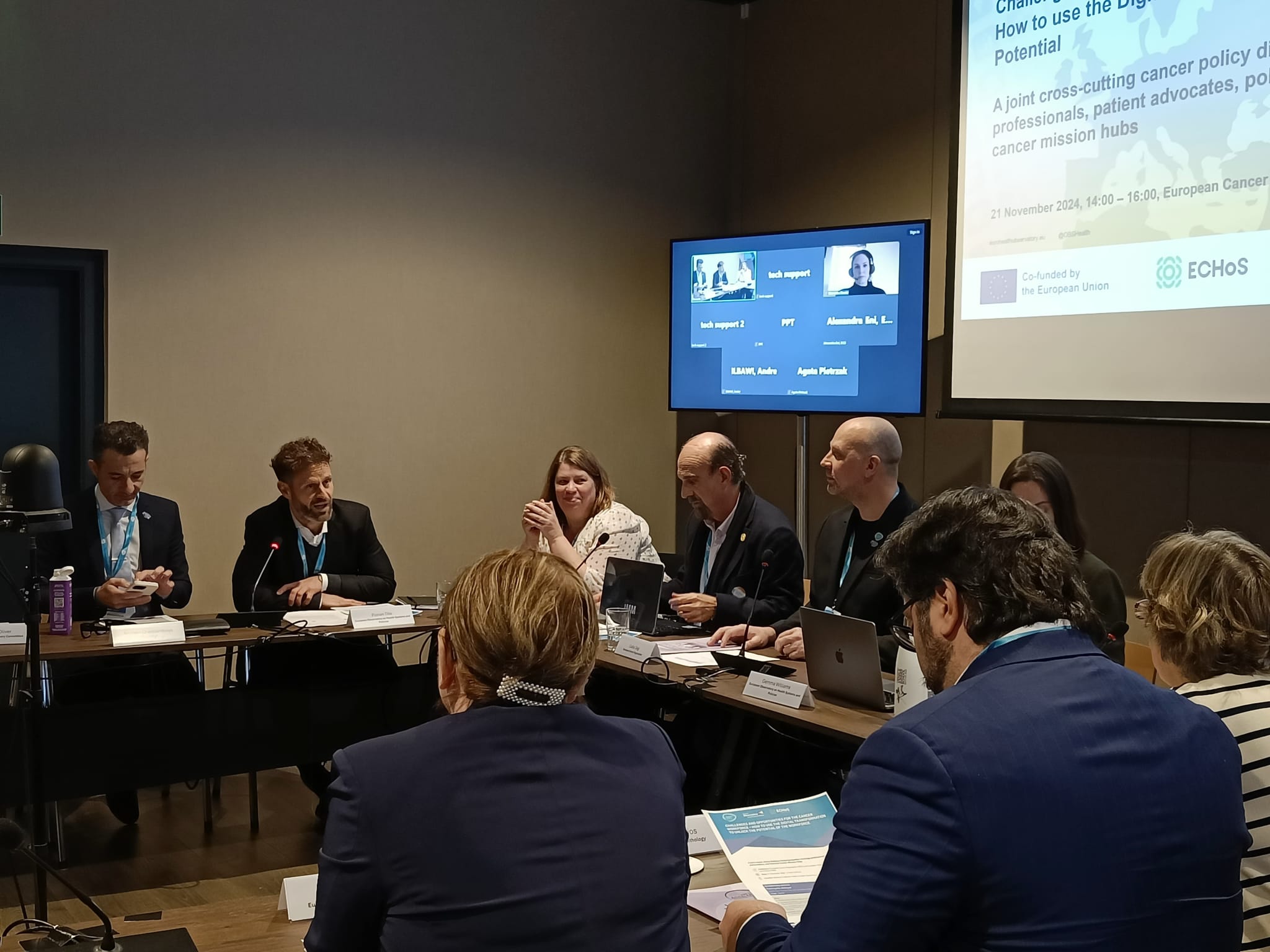
On 20 and 21 November, during the European Cancer Summit, members of the European cancer community joined representatives from the European Observatory on Health Systems and Policies on a side meeting to address a wide variety of issues regarding the oncology workforce in Europe.
Andreas Charalambous was present in the meeting and had the opportunity to bring the experiences from the TRANSiTION project on supporting the workforce, emphasizing on the possibilities that technology provides in terms of digital preparedness and digital resilience.
Bringing Digital Healthcare Education to China
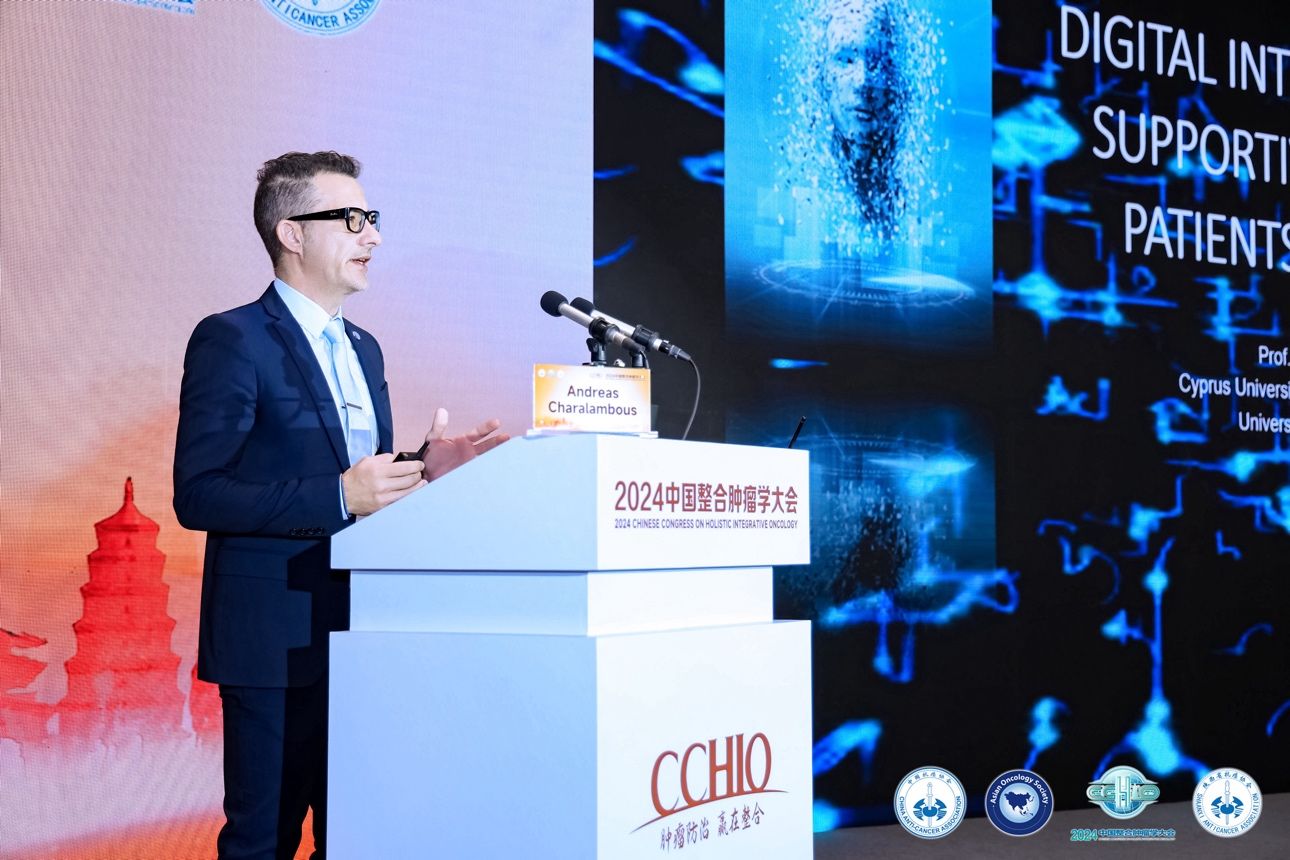
Between 14 and 17 November, the 2024 China Integrative Oncology Conference (CCHIO), hosted by the Chinese Anti-Cancer Association (CACA) took place. Andreas Charalambous was invited to deliver a presentation on utilizing digital solutions for supportive care in cancer closer to home.
Existing and emerging technologies offer great potential for care at home that extend from monitoring, teleconsultation and self-management to mention a few. Challenges remain but the benefit outweighs them. Supportive care is context-free, it can also thrive through the appropriate digital tools.
TRANSiTION Joint Awareness Event with DESIPOC Cyprus
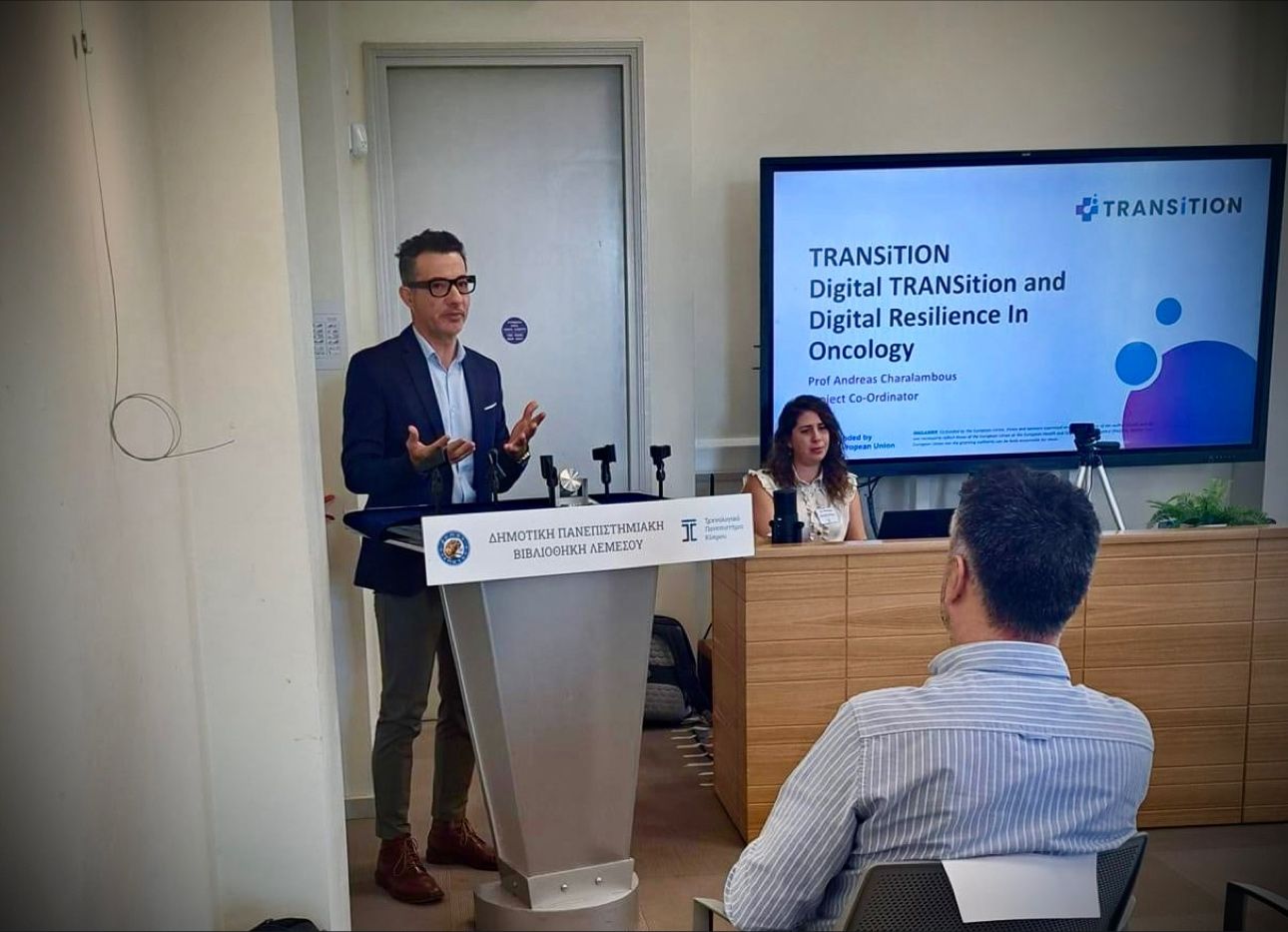
On 16 and 17 October, a joint awareness event of the TRANSiTION and DESIPOC projects took place, under the context of the later one’s kick-off. DESIPOC aims to develop and pilot a knowledge hub, virtual observatory and training system in participating countries with a focus on psychosocial oncology.
Project Coordinator Andreas Charalambous was present and introduced TRANSiTION to the guests, opening new opportunities for synergies and cooperation among projects oriented towards improving healthcare education in Europe.
The Importance of Digital Health Literacy
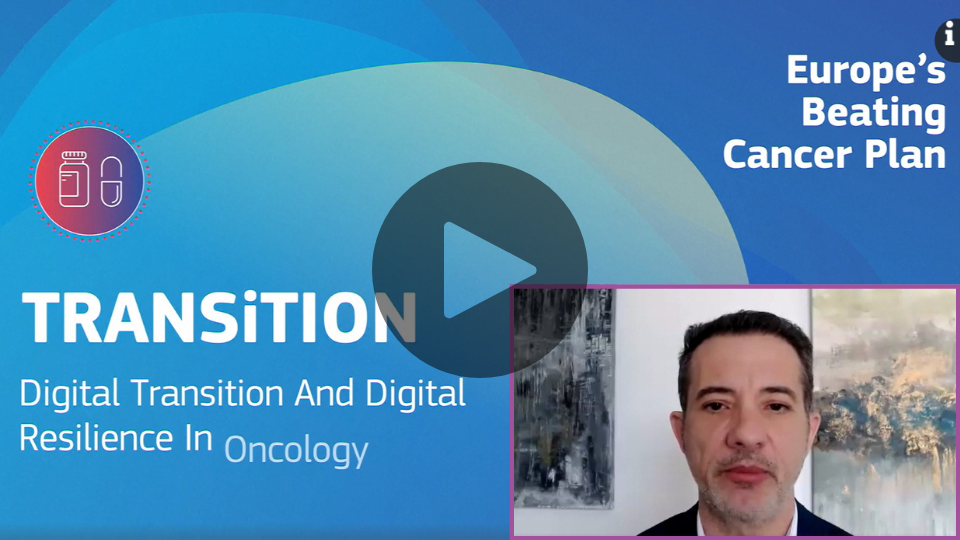
Despite digital health's enormous potential, challenges persist in cancer care, including a scarcity of workforce training on digital skills and limited digital health literacy.
TRANSiTION Coordinator Andreas Charalambous was interviewed by the European Commission and explained why digital literacy among healthcare professionals, non-clinical professionals and cancer patients is so crucial to fully implement the rapidly growing array of digital resources and how TRANSiTION contributes to support Europe's Beating Cancer Plan.
'The TRANSiTION project supports the rescale and upscale of the healthcare workforce on the latest digital skills.' He says.
Watch the full interview here!
European Transcultural Nursing Association in London
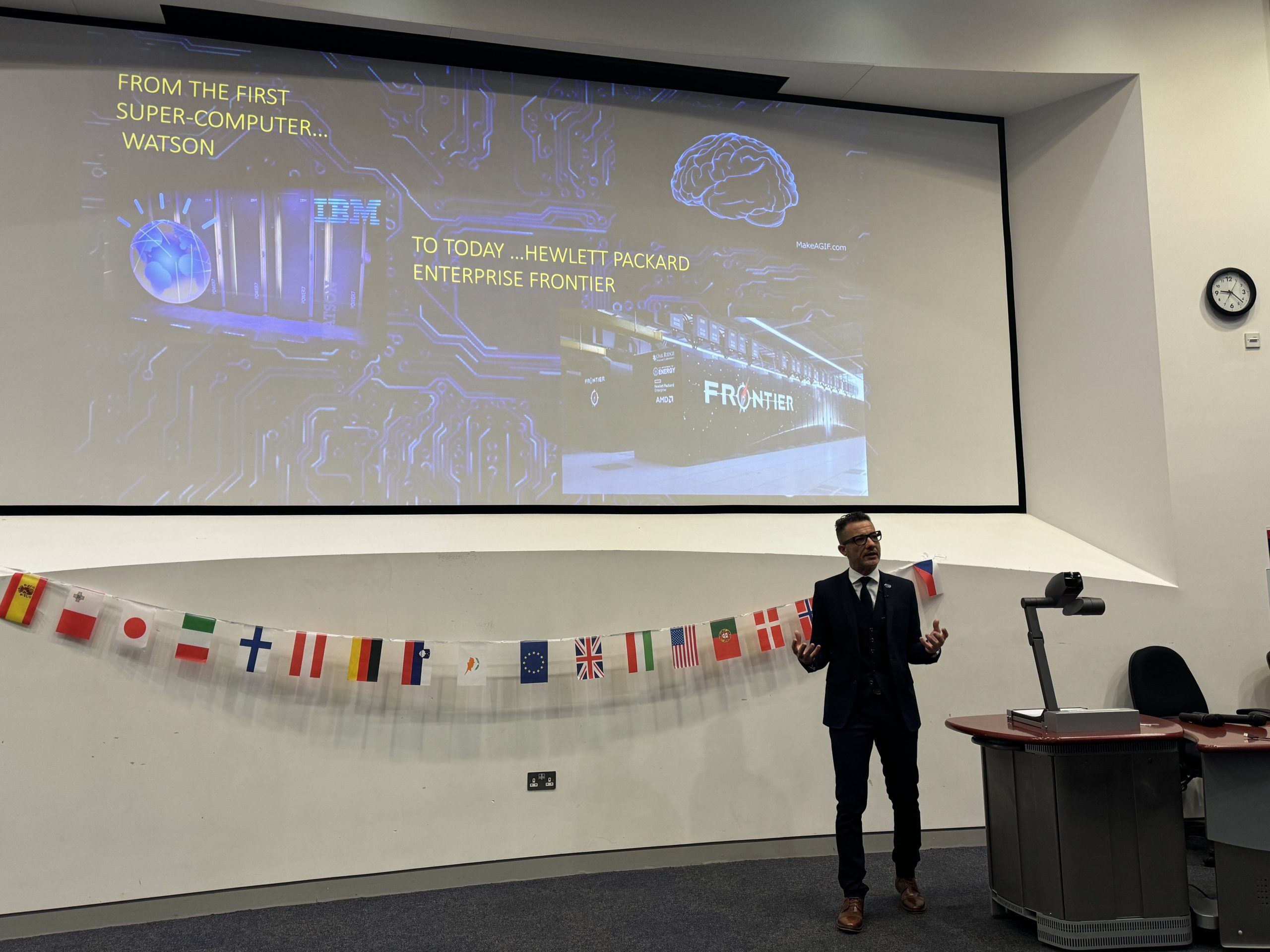
In June, the Cyprus University of Technology (CUT) team was present at the European Transcultural Nursing Association in London (ETNA2024), where Prof. Charalambous introduced the TRANSiTION Project during his keynote address.
The project was presented within the event's motto this year: 'Embracing the changes in transcultural nursing: From basics to cyborgs'.
Needs Assessment of Clinical and Non-Clinical Cancer Professionals and Patient Carers
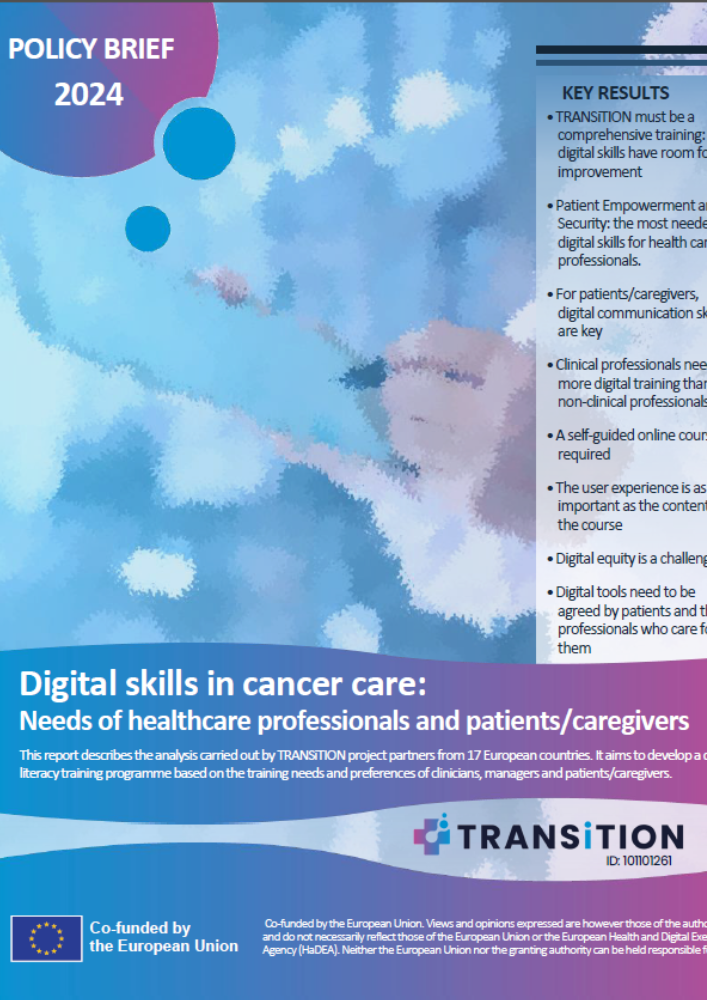
The team from the Galician Health Service (SERGAS) carried out a needs assessment of clinical and non-clinical cancer professionals and patient carers. As a result of this work, a policy brief has been produced which includes the main findings and proposals that have been considered in the development of the TRANSiTION project training modules.
The TRANSiTION project policy brief outlines the critical need for comprehensive digital skills training in oncology care, emphasizing the importance of patient empowerment and security. The analysis, conducted across 17 European countries, reveals that both clinical and non-clinical professionals require significant improvement in digital competencies, particularly in digital communication and security. The brief highlights the necessity of a self-guided online course with a user-friendly interface to address these needs. It also underscores the importance of digital equity, addressing disparities between urban and rural areas and among different age groups. Ultimately, the successful integration of digital tools in healthcare hinges on mutual agreement between patients and healthcare professionals, ensuring these tools complement rather than replace traditional care methods.
You can read the full document here!
Featured in the OECI Newsletter!
TRANSiTION was featured in the July 2024 edition of the OECI Newsletter, alongside many key projects in professional healthcare education. You can read the issue here!
Enhancing Digital Competence in Oncology: Dissemination of Posters
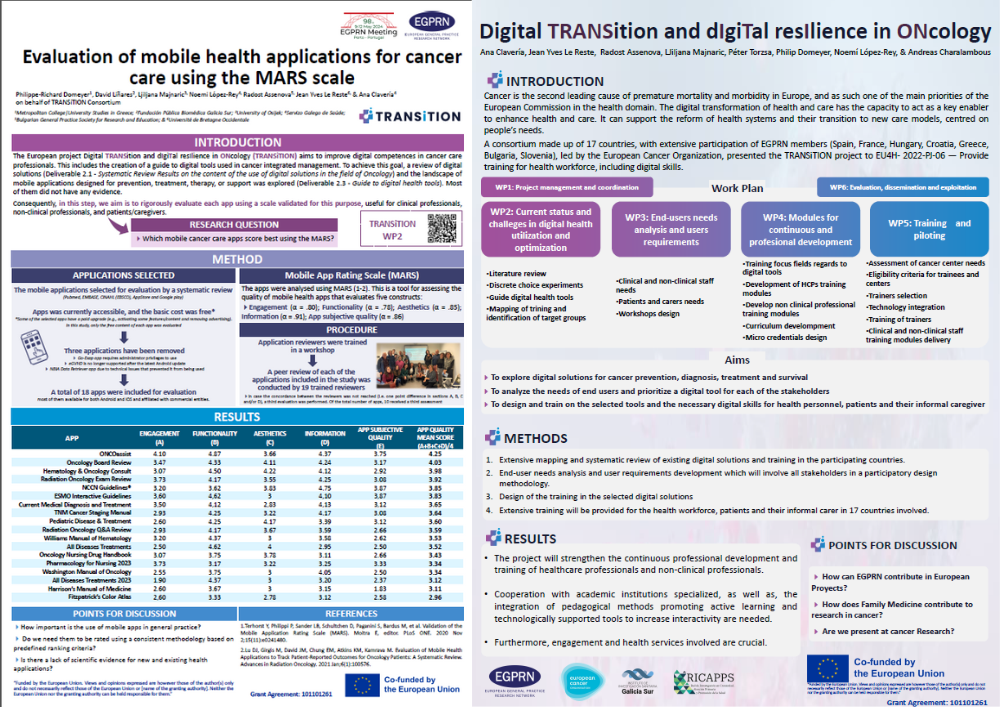
Our colleagues from SERGAS also presented two key posters from the TRANSiTION project at the European General Practice Research Network (EGPRN) meetings. They provide a comprehensive overview of the project's scope and findings.
The first poster underscores TRANSiTION's aim to enhance continuous professional development and training for both healthcare and non-clinical professionals in oncology.
To achieve this, the project emphasizes cooperation with academic institutions and the integration of active learning pedagogical methods supported by technology. The methodological approach involves extensive mapping and systematic reviews of existing digital solutions, end-user needs analysis, and the design and implementation of tailored training programmes. The ultimate goal is to support the digital transformation of healthcare, promoting new care models centred on patient needs.
You can download the poster here!
The second poster, 'Evaluation of Mobile Health Applications for Cancer Care Using the MARS Scale,' delves into the critical assessment of mobile health applications designed for oncology care. Using the Mobile App Rating Scale (MARS), the researchers evaluated the quality of 18 selected apps across five constructs: engagement, functionality, aesthetics, information, and subjective quality.
This comprehensive evaluation revealed that while some apps, such as ONCOassist and Oncology Board Review, scored highly, there is a significant lack of scientific evidence supporting many existing health applications. The study highlights the necessity for a consistent methodology to evaluate mobile health apps, ensuring they meet predefined ranking criteria and provide reliable support for clinical and non-clinical professionals, as well as patients and caregivers.
The findings from these posters suggest a transformative potential for the integration of digital tools in oncology care. By rigorously evaluating and implementing these tools, the TRANSiTION project aims to equip healthcare professionals with the necessary digital competencies to improve patient outcomes and streamline cancer care processes.
As the project progresses, it continues to gather valuable insights from stakeholders across 17 countries. The collaboration and extensive participation of EGPRN members underscore the project's commitment to fostering a digitally competent health workforce capable of meeting the evolving challenges of modern oncology care.
You can download the poster here!
The Role of Technology in Cancer Patient Care
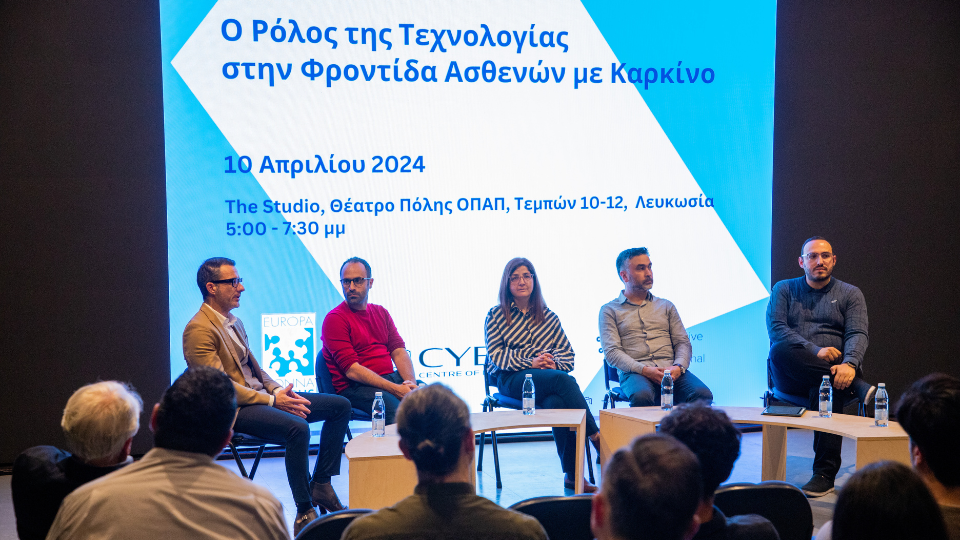
On 10 April, Prof. Andreas Charalambous presented the TRANSiTION project as part of a seminar "The Role of Technology in Cancer Patient Care," co-organized by the Center of Excellence CYENS and Europa Donna Cyprus, in the presence of experts and figures, such as Ms. Stella Mastora, President of the European Federation of Europa Donna, and Constantinos Giorkatzis, Mayor of Nicosia and President of the Administrative Board of CYENS Center of Excellence’.
Awareness Event for INCISIVE and TRANSiTION
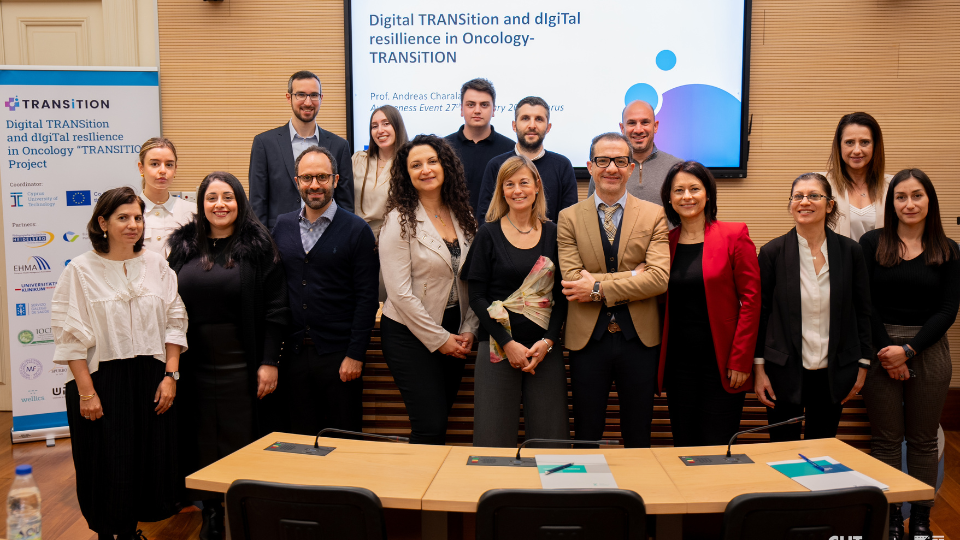
On 27 February, a high-profile Awareness Event spotlighting two pivotal EU-funded projects, INCISIVE and TRANSiTION, unfolded both in-person at the Cyprus University of Technology and virtually. This gathering provided a platform for project leaders and researchers to elucidate the breadth and aspirations of the projects, offering stakeholders a comprehensive update on module development progress.
The event raised awareness among relevant stakeholders in Cyprus, other member states and beyond. The session wrapped up with a fruitful Q&A, which invited attendees to share their visions and feedback on digital skills training for cancer professionals.
Hybrid workshop at Universitat Oberta de Catalunya
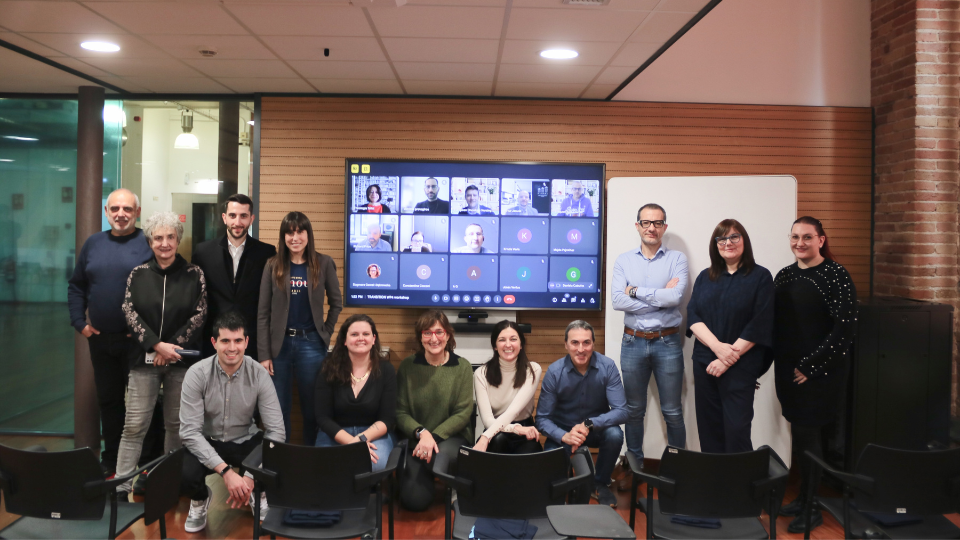
On 16 February, the TRANSiTION team visited Universitat Oberta de Catalunya in Barcelona to conduct a hybrid workshop involving all key stakeholders and project partners.
The primary objective of this workshop was to facilitate an inclusive discussion among participants, showcasing progress made in curriculum development and gathering feedback from end-users. This collaborative session proved invaluable in gaining insights to further refine our work.
Following the workshop, the curriculum underwent a thorough review process, resulting in the completion of its revision. The finalized version was then shared with all project partners.
SERGAS Leading Workshops in Limassol, Madrid, and Vigo
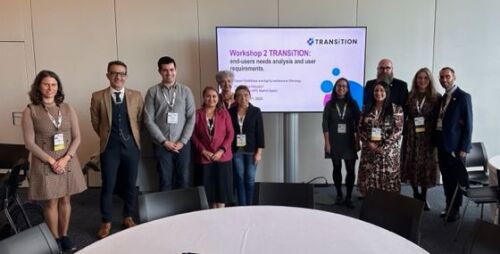
Work Package 3 started in June of this year and was led by the Servizo Galego de Saude (SERGAS). Although this Work Package is divided into four tasks, the team has found it easier to classify it into two workstreams.
The first workstream developed a Delphi survey to address the digital training needs and online resources available for three target groups: clinical professionals in cancer care; non-clinical professionals in cancer care; and cancer patients and carers.
In the second workstream, the team held workshops in Limassol, Madrid, and Vigo to highlight the complex challenges, barriers, and gaps identified in the needs assessment. It also prioritised a series of mobile apps selected in Work Package 2. The aim of this workstream was to guide development of the training modules to be created during Work Package 4.
You can now watch the TRANSiTION Webinar "Cancer Care in the Digital Age: Challenges and Ongoing European Research", which is the TRANSiTION workshop carried out in Vigo.
Sistematic Review Poster Presented
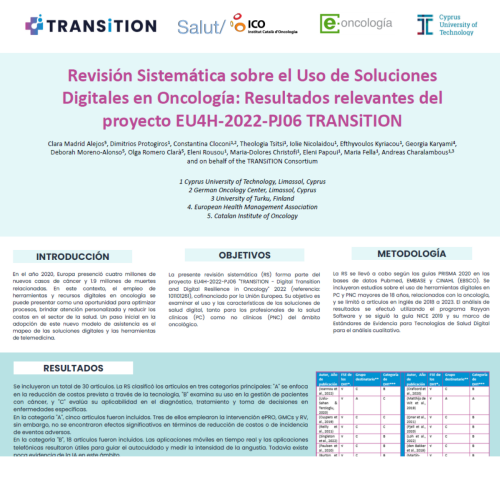
A poster was made, compiling the conclusions of a systematic review of digital solutions in the field of oncology. It was presented last weekend at Tendiendo Puentes, the Congress of Medical Oncology, Haematology, and Oncohaematology Pharmacy.
Kicking-off TRANSiTION
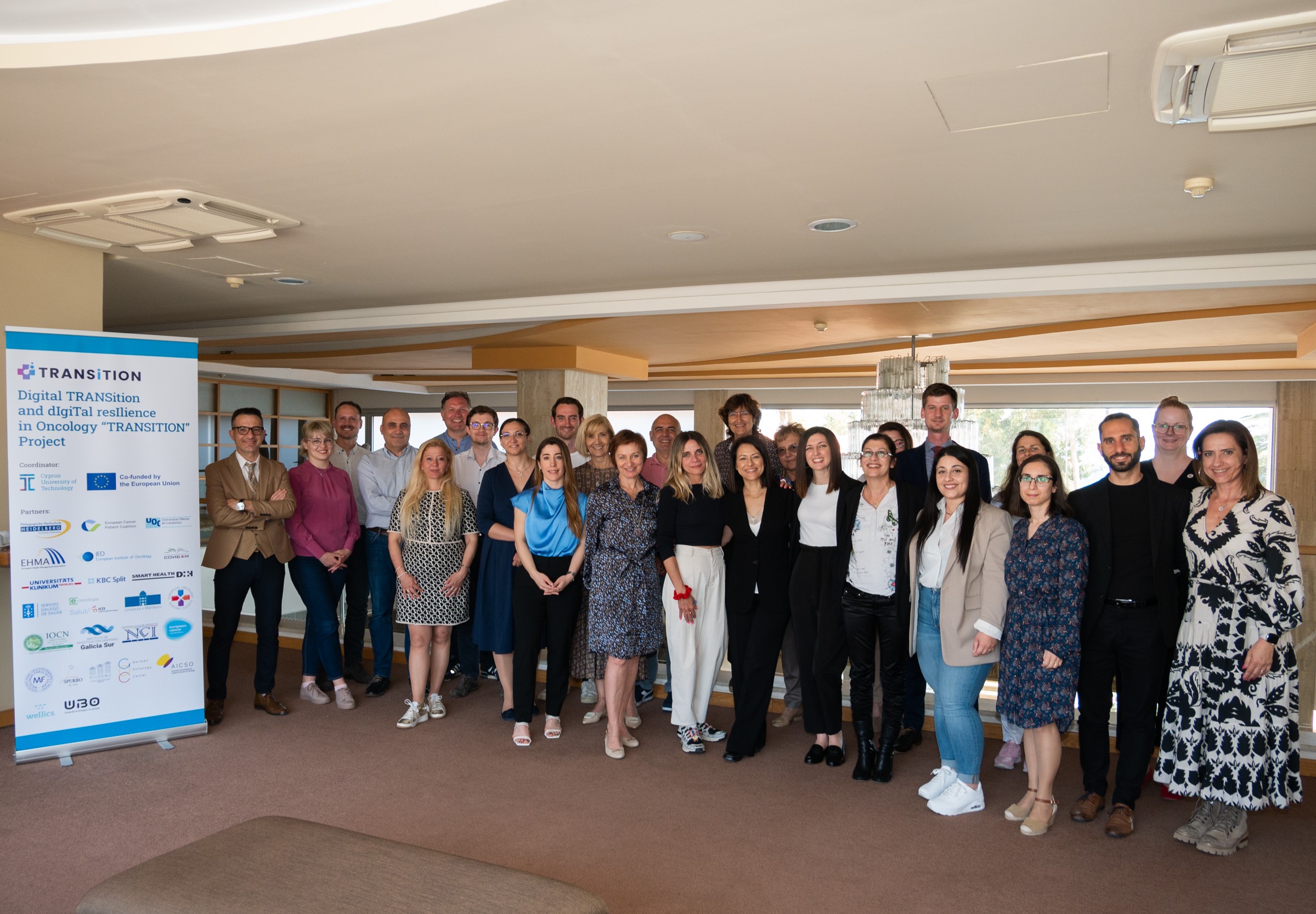
The kick-off event on 4-5 May 2023 in Limassol led to the beginning of the TRANSiTION project, and the start of Work Package 1. Led by the Cyprus University of Technology, it aligned all consortium activities with project goals and provided consistency across all work packages.
It also focused on maintaining high-quality outcomes, addressing ethical and legal considerations, and managing project risks, while providing an interface to EU services and external actors.
Work Package 1 presented four deliverables to prepare the project's implementation: a project management plan (PMP); a Log Frame Matrix (LFM); a Quality Assurance Plan (QAP); and a Data Management Plan (DMP).

